The BBC director general, Mark Thompson, is prepared to meet some or all of the £300m annual costs of running the World Service, in a last-ditch attempt to prevent a £556m raid on its finances to fund the cost of free TV licences for the over-75s, MediaGuardian.co.uk can reveal.
Embroiled in crisis talks over BBC financing in the hours before the government's comprehensive spending review is agreed, the corporation's negotiators have been told that ministers are also considering whether to force the BBC to meet the costs of the World Service, which is currently paid for by the Foreign Office.
That would be an alternative to making the BBC pay out £556m to fund the costs of free television licences for anywhere home to an elderly person – a bill that may force existing television and radio budgets to be slashed.
Thompson's team says it is time to "start having a more reasonable conversation" about the BBC paying for the World Service because the service is a broadcaster, although it is not clear if the BBC would be prepared to pay the entire bill through the licence fee. By contrast, if the BBC were forced to fund the cost of free TV licences for the elderly there would be no benefit for most viewers on screen or on air.
Political sources report that the government's position is in a state of flux, as negotiations go down to the wire. However, there are indications this morning that ministers are moving towards favouring the BBC bearing the costs of the World Service because of the political complications of the alternative.
Yesterday, the BBC set down its opposition to paying for free TV licences, with the BBC Trust saying it "would be unacceptable for licence-fee payers to pick up a bill for what is a universal benefit". The cost of funding the benefit, received by 4m homes, almost exactly matches the £575m budget for BBC2.
Ministers are searching for last-minute cost-saving proposals after the Ministry of Defence achieved a better than expected settlement. Defence budgets are being cut by 8%, rather than the 10% originally expected, leading to a funding gap elsewhere.
There are suggestions that the World Service could be funded by some of the profits made by BBC Worldwide, the corporation's commercial arm, which licenses formats such as Strictly Come Dancing, Doctor Who and Top Gear overseas. Last year, Worldwide made an operating profit of £140m, although that cash is used to fund the BBC's wider activities.
Although the bulk of the BBC's activities are funded by the £145.50 television licence fee, the World Service has always been funded directly by the government. Traditionally the World Service has been focused on "lifeline" short-wave radio services for countries such as Burma where independent local broadcasters are weak, but in recent years activity has shifted to developing more expensive Arabic and Farsi (Persian) television channels.
A spokesperson for the Department for Culture, Media and Sport said that "no comments were being made prior to the announcement of the spending review".
To contact the MediaGuardian news desk email editor@mediatheguardian.com or phone 020 3353 3857. For all other inquiries please call the main Guardian switchboard on 020 3353 2000.
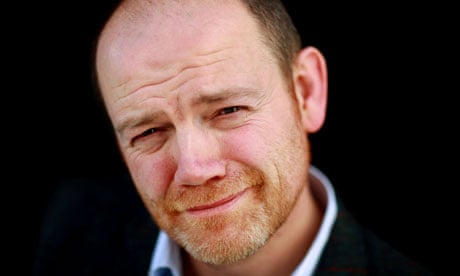
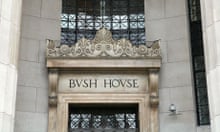
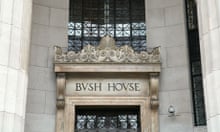
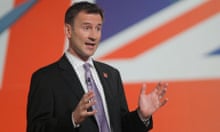
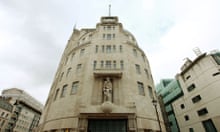
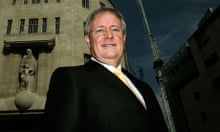

Comments (…)
Sign in or create your Guardian account to join the discussion